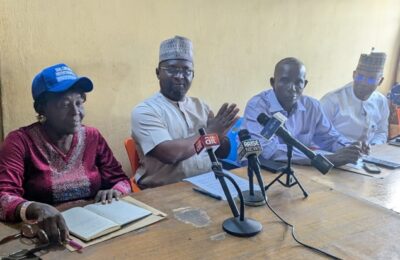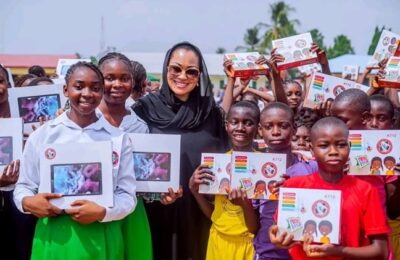As Nigeria marks the International Day of Families, the spotlight must shine on rural families in Kogi East—those whose lives are upended by floods, violence, and hunger. Their stories reveal the urgent need for policies that transcend rhetoric and deliver tangible support, empowering families as the cornerstone of sustainable development.
In the heartlands of Igalaland, family life intertwines deeply with nature and tradition. Yet this communal fire flickers precariously, challenged by environmental disasters and socio-economic neglect. Elder Chief Adoji wisely reminds us, “ichewn k’ili unyi amiejo, ogboduu efewo ki fola mu” — when the foundation of the family shakes, the entire community wavers. Floods displace families, violent conflicts fracture households, and hunger gnaws at the fabric that binds generations.
Mama Ichalla’s story from Ala-Ibaji is emblematic. Last year’s flood destroyed her crops, leaving her family hungry and vulnerable. “We are like leaves in the wind,” she says, a haunting ripples of thousands of rural families forgotten in policy corridors. The National Bureau of Statistics reports over 40% of rural Nigerian households live below the poverty line, their food security threatened by climate change and inadequate government response.
Violence inflicted by Fulani herdsmen has further devastated families, leaving survivors displaced and scarred. Dr. Folashade Adeyemi, a human rights scholar, asserts, “Ignoring these families is an affront to the nation’s conscience and endangers long-term peace.” Beyond physical harm, the trauma fractures the social cohesion essential for community resilience.
Women, often the unsung backbone of these families, face systemic barriers—limited land ownership, scarce credit access, and exclusion from decision-making. Rural youth, deprived of opportunities, migrate to cities, eroding family units and rural economies. Yet hope glimmers in community cooperatives and microfinance initiatives empowering women and youth, echoing the Igala proverb — when the family pulls together, no obstacle is insurmountable.
However, the gulf between policy and lived realities remains vast. Professor Amaka Eze cautions, “Without engaging rural voices, family policies risk becoming performative rather than transformative.” Sustainable development requires proactive investments: resilient infrastructure, participatory governance, and culturally grounded approaches that harness indigenous knowledge alongside innovation.
On this International Day of Families, Nigeria must heed the Igala wisdom: “he who holds the family’s welfare holds the future”. Government must prioritize flood defenses, rural healthcare, quality education, and social protection as essentials, not afterthoughts. Empowering women and youth, addressing trauma from violence, and ensuring inclusive governance are imperatives.
Only by centering the rural family—Nigeria’s living heritage and future—can the nation fulfill the promise of sustainable development. The International Day of Families calls not for empty celebration, but for committed, empathetic action ensuring every Nigerian family lives with dignity, security, and hope.
– Inah Boniface Ocholi writes from Ayah – Igalamela/Odolu LGA, Kogi state.
08152094428 (SMS Only)




